March 2019, Vol. 246, No. 3
Features
Companies Improve Human Resources Through Liquids Pipeline Roundtable
The Liquid Pipeline Roundtable (LPR) is a member group of Human Resources professionals representing companies who operate pipeline systems that transport crude oil. The purpose of the LPR is to enhance professionalism and increase the effectiveness of the Human Resources departments within the liquid pipeline industry by promoting human resources skills and competency.
The LPR provides pertinent information and a platform to exchange ideas to member companies. The member companies are diverse in their size and organization structure and range from independent pipeline companies to fully diversified major petroleum companies.
The primary function of this group is to conduct an annual industry specific compensation survey for the membership and provide an avenue for member companies to conduct informal pulse surveys throughout the year.
P&GJ: How did the Liquid Pipeline Roundtable (LPR) get started and how does a company become a member?
Tim Adamczak: The actual start date of the Liquid Pipeline Roundtable is unknown however from information passed from member to member, it appears the LPR began in the early 1970’s as a group of representatives from the “majors” and “independents.”
At that time and through to the early 2000’s, the group conducted a compensation survey to cover pay and administrative practice data and the independent member companies conducted an additional separate benefits survey. Liquid pipeline industry specific data was not available and continues to not be available from any other openly available source. Since the early days of the LPR, an annual business meeting/conference has been held to present the survey findings and to conduct a roundtable opportunity for members to present questions to the group for informational/benchmarking purposes.
The LPR currently has 38 member companies and has a formal set of by-laws to govern its operation. A relatively recent retired African American woman who joined the LPR as a representative of an independent company in the mid-1980’s persevered in the early years of the older white male dominated LPR and for the next 25-plus years led to the welcoming of many other women and minorities to the group. Today the LPR enjoys a gender/race diverse group of individual representatives.
Membership in the LPR is simply the commitment to participate annually in the compensation survey. The cost for maintaining the LPR website and annual conference is paid through a per person annual conference attendee fee of $1,800 or less. Although the LPR is open to any representative from a member company who would benefit from the group, individual participation is geared toward Human Resources at any level of staff from executive to entry especially those in the compensation and benefits function. In 2005, the LPR launched its website.
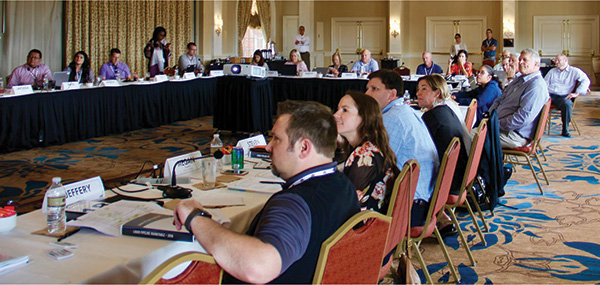
P&GJ: Describe the value of the Annual Conference and give us some background about what the conference offers to individual members. For example, where is it held and what does the agenda look like?
Tim Adamczak: The LPR coordinates a 2.5-day annual conference, hosted by one of the member companies at a different location throughout the continental United States and Alaska. This professionally structured event offers an opportunity for participants to listen to speakers on topics relevant to our industry or Human Resources profession as a whole, receive a presentation from our third party survey provider to review trends and discuss the results of the compensation survey, and conduct the roundtable by discussing previously submitted questions on a variety of topics from compensation to safety to benefits to training to workforce planning.
This roundtable has proven to be an extremely valuable tool to discuss and benchmark publicly available strategies, policies, practices, and procedures. During the LPR conference, independent third party legal representation is present to mitigate antitrust concerns. In addition, the ability to network with others in this specific midstream industry provides an invaluable resource and the agenda provides ample opportunity.
The agenda also provides two fun teambuilding activities for members to get to know one another, a Tuesday evening dinner (members only), and a Wednesday evening event/dinner. This year’s conference will be held Oct. 8-10 in Nashville and hosted by Plains All American.
Candace Brown: Having recently hosted the LPR conference in 2017, I can say it is no easy feat to provide an educational, informative and fun conference experience. However, it is totally worth extra hours to be able to be a part of such a wonderful event. I have come back from each conference excited about the human resources strategies that have been shared and enjoyed the comradery with my colleagues. Explorer has implemented several new wellness and benefits programs based on information that was shared during the roundtable.
Steve Rodzos: As an attendee I found immense value when I first joined the midstream segment of the oil and gas value chain in that it was an immersion into the “culture” of the midstream industry as it relates to all things having to do with employees and by extension the operation of pipeline itself.
I joined Marathon Pipe Line in August 2013 and attended my first LPR Conference a month later in September of 2013 and without a doubt, the knowledge I gained as an individual as I began my learning journey with the business of pipeline was invaluable. In recent years, the Officers of the Steering Committee have been able to expand the value proposition of the LPR Conference in three primary ways:
- Providing an environment that goes above and beyond networking, and instead welcomes attendees into a Community of Practice with fellow HR professionals rich in experience.
- Providing a forum to share best-practice HR data (i.e. recruiting practices, compensation information, employee relations, labor relations, benefits, talent management, etc.) in a format that is easily sorted and reported so that more time can be spent on robust discussions to give the data context and color.
- Providing a venue to interact with guest speakers that share information which is valuable both on an internal-basis and external-basis to our industry as whole on strategic level. Marathon Pipe Line hosted the most recent LPR Conference in 2018 in Louisville, KY and we had Dr. Scott Tinker as our Keynote Speaker. Tinker started the Switch Energy Project not-for-profit. He has initiated and executed projects that show that there is a direct correlation between providing affordable energy to helping to reduce poverty.
P&GJ: How does the Liquid Pipeline Roundtable help companies and/or their business strategies?
Tim Adamczak: The LPR provides three primary benefits to member companies and their respective individual participants:
First, the LPR coordinates an annual conference, hosted by one of the member companies for review of the compensation survey results, networking, subcommittee reports, guest speaker presentations, and roundtable discussion of benchmarking questions or other topics submitted by the membership. The conference educates participants by providing new ideas and best practices which can be brought back to the company and used to develop and enhance business strategies to meet the challenges that face the industry or the company itself.
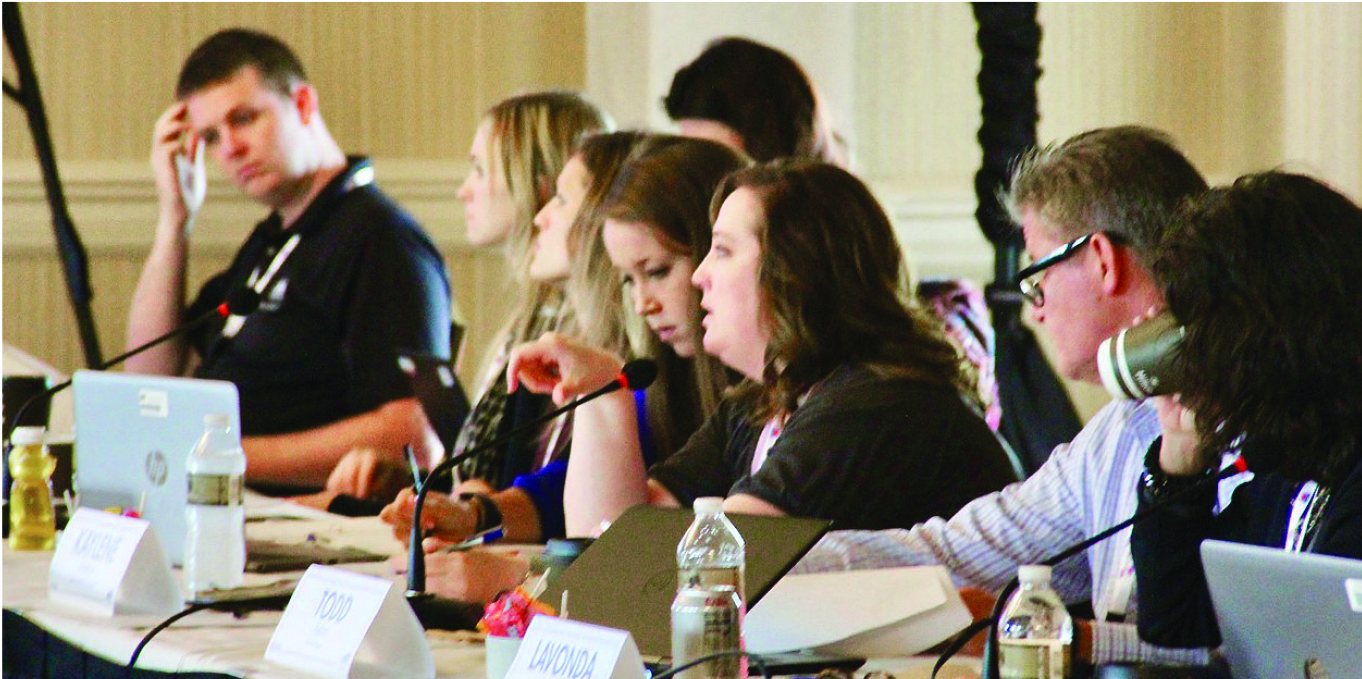
Second, the LPR contracts with a national third party consulting firm to conduct a consistently managed compensation survey covering over 200 industry related jobs and pertinent administrative practice data. To name a few, the jobs encompass operations, engineering, IT, administrative support, hourly technical, oil movements/scheduling areas.
The LPR is able to provide this service at a minimal fee of $2,100. As a data resource, the survey allows a member company to be truly informed about the competitive market for personnel resources. The survey allows a member company to understand the market and dictate and manage their talent retention and pay strategy.
Third, a member company can submit a “pulse survey” at most any time during the year to garner information from other member companies when there is an urgent need to gather benchmarking or strategy data important to immediate business needs of that company.
Examples of recent pulse surveys include, “Does your company allow overtime-eligible employees to access company email (phone or computer) during non-work hours?” “Does your company offer employees a ‘holiday’ or ‘time off day’ specific to the employee’s birthday?” and “What is your ratio of Benefits employees to the number of employees in your company?”
All three of these areas provide the member companies a basis critical to ensure they have the most up-to-date market specific related comp/benchmarking data to enable them to formulate and manage an HR strategy pertinent to their organization.
Candace Brown: Although I have been in Human Resources for over 20 years now, I have only been involved in the Compensation side of things for Explorer Pipeline for approximately four years. From a personal standpoint the LPR and its members have provided invaluable information that have made the transition smooth and enjoyable. Using the knowledge that I have obtained I have been able to support Explorer with our Total Rewards strategy design and implementation.
Brian Satterfield: One of the biggest benefits of the group is the great industry contacts you make. Having these contacts allows you to reach out to industry peers throughout the year and get feedback on a variety of topic such as asking a quick question about company practices or getting their experience with various HR service providers. The group also conducts periodic “pulse surveys” which allows a member company to gather data on a specific topic that can be provided to management on a timely basis rather than waiting until the annual conference.
Steve Rodzos: It helps companies with their business strategies by sense-checking their “people-strategies” against other midstream companies. The fact is, if a company’s people-strategy isn’t competitive, the seemingly greatest business strategy will not be successful or sustainable. It also exposes the attendees/members to critical issues affecting the industry which could adversely implicate their business strategies (i.e. the “keep it in the ground movement”), and ways to navigate those difficulties by learning from outside experts (e.g. Dr. Tinker mentioned above).
Q: What are your biggest challenges?
Tim Adamczak: As an organization in the crude oil liquid pipeline industry, our biggest challenge is the ongoing and sometimes frequent changes in company ownership as a result of spinoff, merger, or acquisition. A recent example is the purchase of Western Refining by Andeavor. Shortly thereafter, Andeavor was purchased by Marathon. Changes like this in ownership or organizational structure increases the difficulty for the Steering Committee to maintain contact with individual company representatives. The LPR strives to maintain comp data consistency from one year to the next as much as possible.
Steve Rodzos: One of our biggest challenges is ensuring that we hit the “blocking and tackling” of basic HR issues and Best Practices while at the same time ensuring we aren’t also missing opportunities to share the “bigger picture” of Best Practices that more broadly contribute to people-strategies which help all of us be safe, efficient, and effective transporters of oil and gas products to fuel the country and beyond.
Q: What can you do to assist member companies to maintain institutional knowledge (Brain-Drain) and retain talent?
Tim Adamczak: The LPR is a critical resource for Human Resource professionals. For the ongoing LPR member company receiving annual compensation surveys, the survey data itself provides a historical database from which member companies can data mine in future years.
In addition, last year the LPR implemented a new technology solution to enable the documentation and reporting capability of answers to questions discussed at the annual conference. This new feature enables any member company the ability to review the institutions questions, responses, and overall nature of issues affecting the member company or industry as a whole at a specific period of time.
This information provides an avenue for the company to gather information should specific resources be lost internally. From a broader talent retention perspective, the annual conference provides a significant learning and development opportunity.
Q: How are you promoting leadership development?
Tim Adamczak: For those individuals participating in all the LPR has to offer, leadership development is a direct by-product of membership. The training and learning at the conference supports the participants’ ability to develop leadership skills and ability through knowledge resources such as speaker presentations, roundtable question discussions, and networking. The ability of individuals to return to their workplace and innovate and develop solution strategies, challenge complexity, and make sound decisions can greatly increase.
Candace Brown: Having the opportunity to participate in the LPR steering committee as the Compensation chair, I have been able to develop leadership skills that have definitely translated to my day to day activities at Explorer. It provides me a unique perspective to the LPR survey development which I have been able to apply to various areas of Explorer’s compensation process.
Q: What data do you wish you had that you don’t have currently?
Tim Adamczak: The LPR is always looking for new members. The purpose of the Roundtable is to enhance professionalism and increase the effectiveness of the Human Resources departments within the liquid pipeline industry. New members not only strengthen the compensation survey they increase the diversity of thought within the group and support the LPR to strive to achieve the highest standards of information and learning.
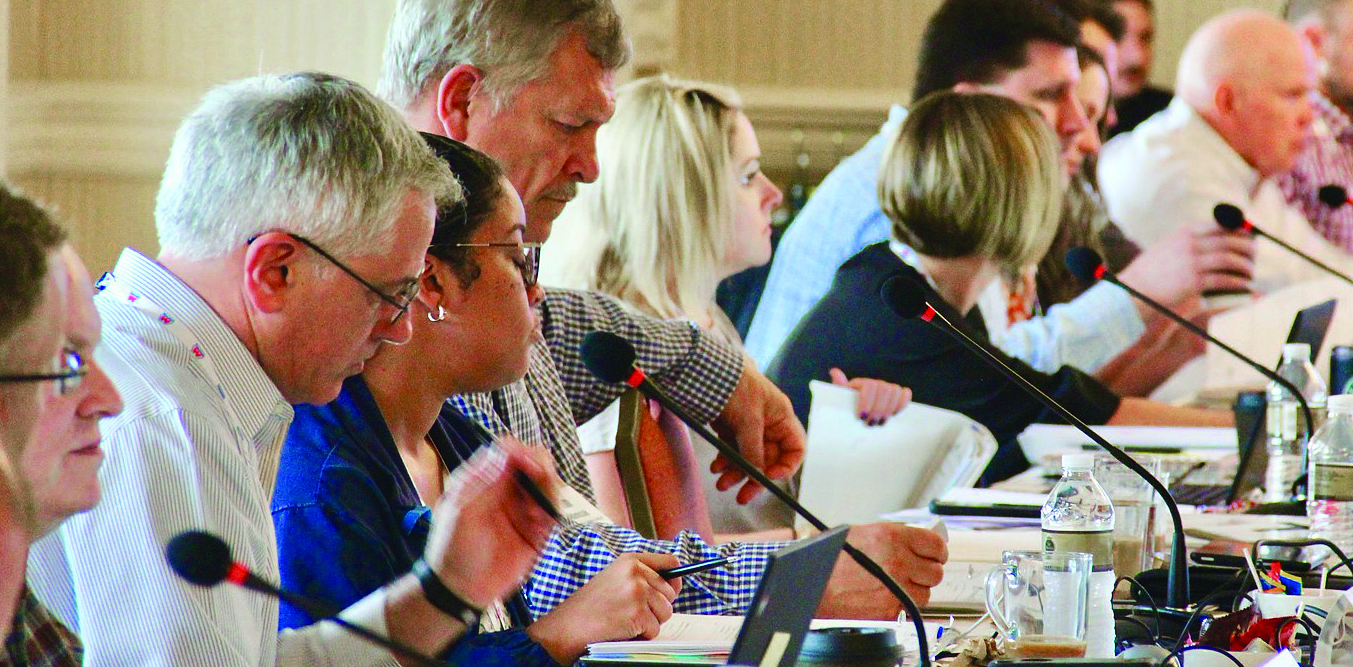
Brian Satterfield: One struggle is trying to get reliable compensation data for a specific operating area. For example, our company is experiencing tremendous growth in the Permian Basin (West Texas and East New Mexico). There is a limited labor supply and a lot of demand for talent so the competitive market is changing rapidly and obtaining current compensation data can be challenging.
LPR Steering Committee:

Brian Satterfield – President
Brian H. Satterfield is the Director of Compensation for Enterprise Products headquartered in Houston, Texas. Enterprise Products is one of the largest publicly traded partnerships and a leading North American provider of midstream energy services to producers and consumers of natural gas, NGLs, crude oil, refined products and petrochemicals. Brian received his bachelor’s and master’s degree in accounting from the University of Texas in Austin.
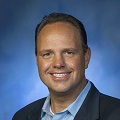
Steve Rodzos – Vice President
Steve Rodzos is the Manager of Human Resources and Learning & Development for Marathon Pipe Line (MPL) headquartered in Findlay, Ohio. Rodzos leads a department of 22 HR and Learning & Development Professionals in support of about 900 employees. Rodzos holds a bachelor’s degree from Baker College in Business and a master’s degree from Bowling Green State University.

Steven Grajek – Secretary
Steven G. Grajek is the director of Compensation and Benefits for Plains All American Pipeline (PAA) headquartered in Houston, Texas. Plains All American is one of the largest and most admired midstream energy companies in North America. Grajek received his bachelor’s in management from Texas State University in San Marcos, Texas.
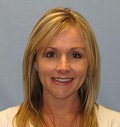
Candace Brown – Compensation Committee Chair
Candace Brown is the Human Resources Administrator for Explorer Pipeline headquartered in Tulsa, Okla. Explorer Pipeline transports gasoline, diesel, fuel oil and jet fuel from the Gulf Coast to the Midwest through its 1,830-mile pipeline. She is responsible for all compensation responsibilities, payroll processing, tax reconciliation, and the management of the HRIS system.

Tim Adamczak – President Emeritus
Tim Adamczak is the Manager of Compensation and Benefits for Alyeska Pipeline Service Company headquartered in Anchorage, Alaska. Alyeska Pipeline is responsible for the operation and maintenance of the Trans-Alaska Pipeline System (TAPS). A native of Upstate New York, Adamczak received his bachelor’s of science from the State University of New York at Geneseo in 1982 and his MBA from the University of Alaska Fairbanks in 1995.





Comments